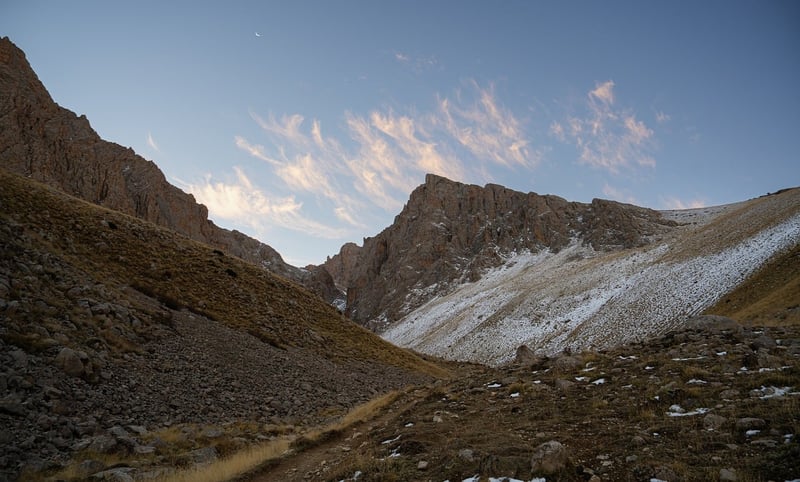Risk Management
Stay Safe During Your Explorations: Risk Management Tips
Exploring new places and embarking on adventures is exciting, but it's crucial to prioritize your safety. Whether you're hiking in the mountains, traveling to a new city, or trying out a new activity, being prepared and practicing good risk management can make all the difference. Here are some essential tips to help you stay safe during your explorations.
1. Plan Ahead
Before heading out, research the area you'll be exploring. Know the terrain, weather conditions, and any potential risks or hazards you might encounter. Plan your route, inform someone of your itinerary, and ensure you have the necessary gear and supplies.
2. Stay Informed
Keep yourself updated on local news, weather forecasts, and any alerts or warnings for the area you're visiting. Make sure you understand the rules and regulations of the place you're exploring to avoid any legal or safety issues.
3. Pack Essentials
Always pack essentials like water, food, a first aid kit, navigation tools, and appropriate clothing. Depending on your activity, additional safety gear such as helmets, life jackets, or bear spray may be necessary. Be prepared for emergencies.
4. Travel in Groups
Whenever possible, explore with a companion or a group. There's safety in numbers, and having someone else with you can provide assistance in case of an emergency. If you're traveling alone, make sure to inform someone of your plans.
5. Trust Your Instincts
If something doesn't feel right or safe, trust your instincts. It's okay to change your plans, turn back, or seek help if you feel uncomfortable or in danger. Your safety should always come first.
6. Follow Safety Guidelines
Whether you're hiking, camping, or engaging in water sports, always follow safety guidelines and best practices. Respect nature, stay on marked trails, and avoid risky behaviors that could put yourself or others in danger.

7. Emergency Preparedness
Know how to respond in case of emergencies. Learn basic first aid, CPR, and how to signal for help. Carry a charged phone, a whistle, or a signaling device in case you need to call for assistance.
8. Respect Local Culture
When exploring new places, respect the local culture, customs, and traditions. Be mindful of your actions and how they may impact the environment, wildlife, and the communities you visit. Leave no trace and preserve the beauty of the places you explore.
9. Stay Hydrated and Energized
Drink plenty of water, eat nutritious snacks, and take breaks to rest and recharge during your explorations. Staying hydrated and energized is essential for maintaining your focus, strength, and overall well-being.
10. Have an Exit Strategy
Always have an exit strategy or a backup plan in case things don't go as expected. Whether it's a sudden change in weather, an injury, or getting lost, knowing how to safely retreat or seek help can prevent a minor mishap from turning into a major emergency.
By following these risk management tips and staying vigilant during your explorations, you can enjoy your adventures safely and responsibly. Remember, the goal is not just to reach your destination but to return home safely with unforgettable memories of your explorations.
